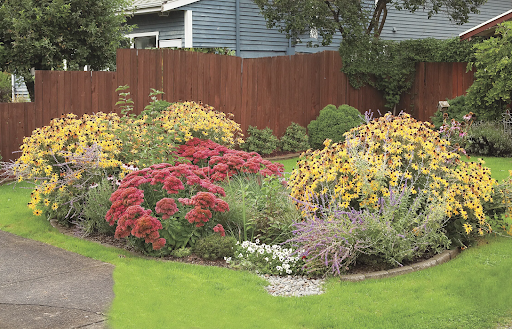Tell us what you think of the website
Welcome to your brand new Council website. This is a beta version, not yet live to residents. We'd love to know what you think.
Find inspiration for what you can do to tackle climate change, including saving energy, reducing waste or planting trees, and use the Climate Hero calculator to measure your carbon footprint.
If managed well, gardens can provide a rich habitat to a wealth of species in Kingston. This not only includes garden birds that adorn bird feeders, but also hedgehogs snuffling amongst the undergrowth, butterflies wafting around on warm summer's breeze and even a charismatic stag beetle clumsily flying around on a late evening in May.
By making your garden a friendly place for wildlife you can actively help to stop species going locally extinct. Visit our dedicated biodiversity pages to find out how you can help at home.
Composting is an environmentally friendly way of recycling your kitchen scraps and garden waste and an inexpensive way to provide nutrient-rich compost for your garden. Most of your kitchen scraps can be composted and the rest can go in your food waste bin for collection.
Rain gardens are an example of landscaping that helps nature by supporting drainage and biodiversity. This page has information about creating your own rain garden on your property. Kingston Council also has funding for proposals to create a number of rain gardens in our neighbourhoods that will benefit our communities with a beautiful feature and improve resilience to surface water flooding.
London, including Kingston, is at risk from surface water flooding which occurs when heavy rain falls on hard surfaces overwhelming drainage and sewers. Find out more about flooding drainage in Kingston.
Rain gardens are designed to be both beautiful and functional. They soak up and naturally filter rainwater, preventing it from causing problems and enhancing water quality year round. They also provide more biodiversity as a habitat for local wildlife. Find out more about encouraging biodiversity in gardens.

An example of a Rain Garden. (Source: This Old House)
Rain gardens are not just beautiful; they're smart and eco-friendly too. By building a rain garden you contribute to cleaner water, reduced flooding, and a thriving ecosystem. So, consider creating your own rain garden or supporting one and be a guardian of nature right here in our fantastic council. Enjoy the beauty and benefits of a rain garden today!